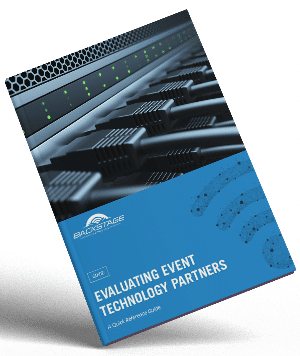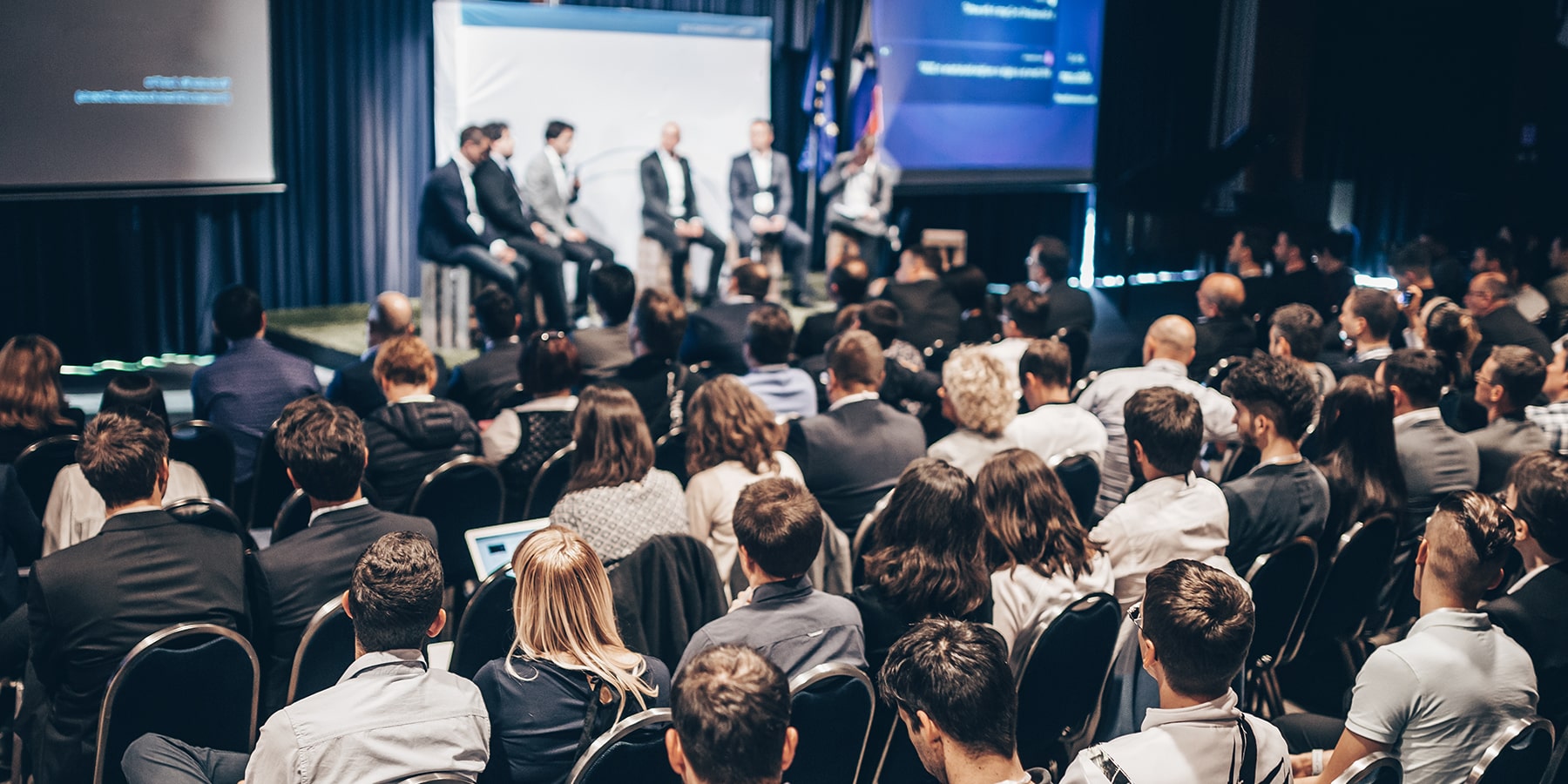We all know that events do not simply happen. But successfully pulling off a live event means your attendees can never notice the hours upon hours of work that goes into event production. In other words, they require a seamless experience. Live event technologies are the cornerstone for your event and, as we have discussed elsewhere, the process of choosing these technologies can make or break you. Accordingly, the key characteristics to prioritize in your selection are consistency and reliability.
For the last 25 years, Backstage Networks has been an integral partner in thousands of live events; however, we have also heard our fair share of horror stories. In our work with clients, we have observed that three common problems continue to be an issue when working with live event network technology. Luckily, these problems have easy-to-implement solutions to help ensure your next event goes off without a hitch.
1. Internet Connectivity
The foundation of every live event is strong and reliable WiFi. Attendees and event groups must both have fast and consistent internet access, without delay, over the course of the event. However, despite the importance of WiFi, many events suffer from unreliable internet transport. One way to solve this problem is to choose a holistic network provider (such as Backstage Networks) over a basic WiFi provider. The former will assist you in managing the entire network lifecycle, including procurement of Internet transport; the latter is committed to selling you a one-size-fits-all product that may not function reliably in your event space. Basic WiFi providers are poor judges of the network resource requirements and security protocol needs of your live event. This means that, among other problems, attendees and event groups can be forced to use the same network connection or VLAN. By contrast, holistic event internet providers segment all network groups so that each network resource can be monitored and controlled in real time. This means they can also provide detailed post-event network analytics per group, application, and resource—thereby offering business-driving actionable intelligence that you can use for future events.
2. Overloaded Systems
When an event network is not purpose-designed and optimized to meet the technology requirements of your event, it can cause significant issues that affect both critical event and production applications, along with the attendee experience. These issues can begin with a lack of network resources and RF congestion: attendees begin to experience slow service, their devices begin to drop from the network, and they are no longer able to connect to event applications. This problem is typically the result of incumbent venue WiFi that can only handle basic and low-density WiFi connections, due to the basic WiFi providers’ lack of complex RF design understanding. However, holistic event internet providers can implement high-density systems that expand coverage as well as enhance network capacity through technologies like advanced antenna placement and proper spectrum allocation.
3. Network Segmentation Issues
Finally, network segmentation difficulties can cause major security issues if you are working with a basic WiFi provider or venue incumbent I.T. providers. The idea behind network segmentation is that each of the different event groups—production teams, vendors, sponsors, attendees, and more—have their own secure network access that does not touch one another. This means that, for example, any bad actors attending the event cannot disrupt or gain control of another group’s network. It also means that, if there is an issue with the attendee WiFi, your team can address the problem without affecting other groups. Furthermore, network segmentation allows you to allocate specific bandwidth resources, applications, and security policies to each of these groups, raising your production team’s performance. By working with a holistic network provider, like Backstage Networks, you can trust that your event will not only run smoothly but that your network resources will be used efficiently with the highest levels of network security implemented.
Takeaways
Although live events present difficult challenges for event staff to overcome, the three problems listed above can be effectively addressed with simple solutions. Moreover, by tackling these potential problems at the outset—by partnering with a fully managed internet and technology services company, for example—you can avoid difficulties down the road. It also means that you gain a partner who has faced these issues previously and knows how to advise you in the planning stages. Ultimately, that means that your event has dedicated support every step of the way.
If you are ready to create unforgettable memories for your attendees with unbeatable solutions, then Backstage Networks is ready to hear from you.





